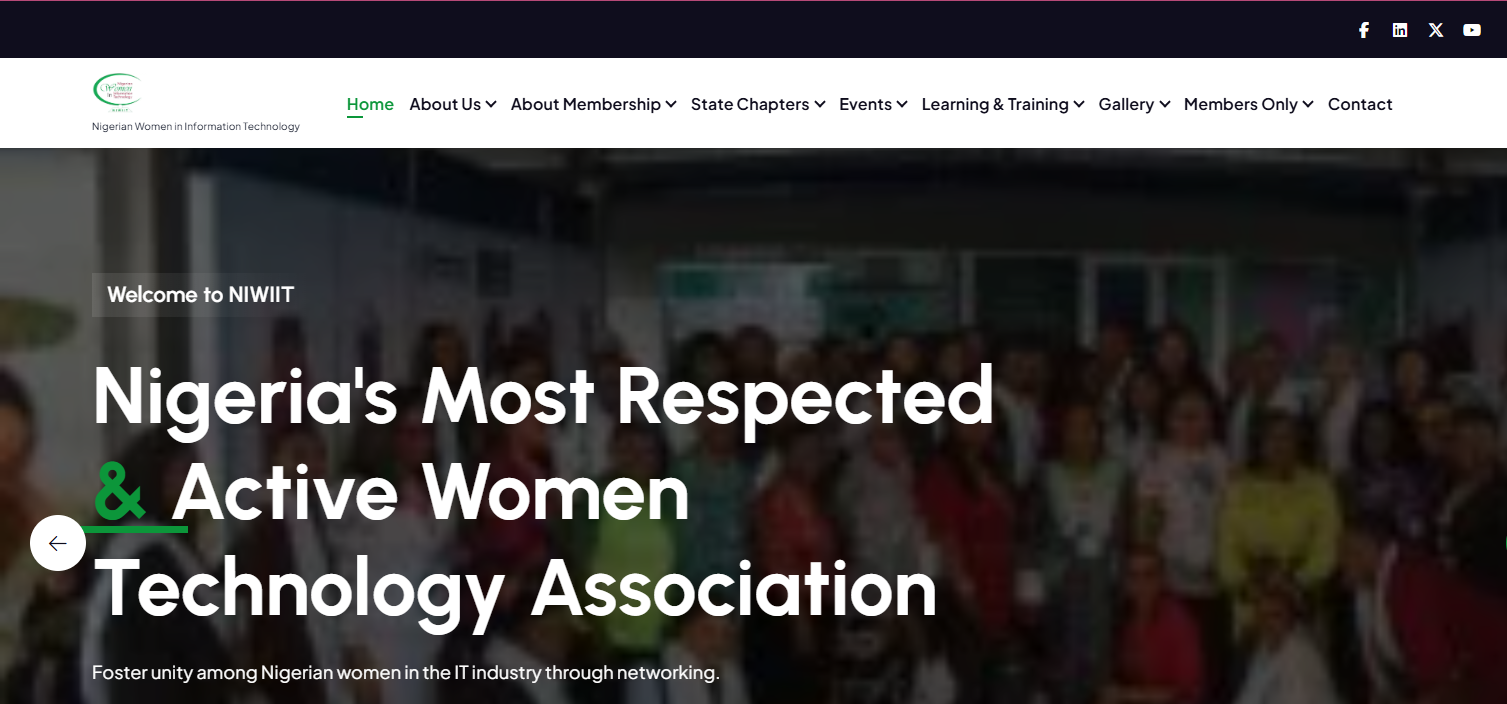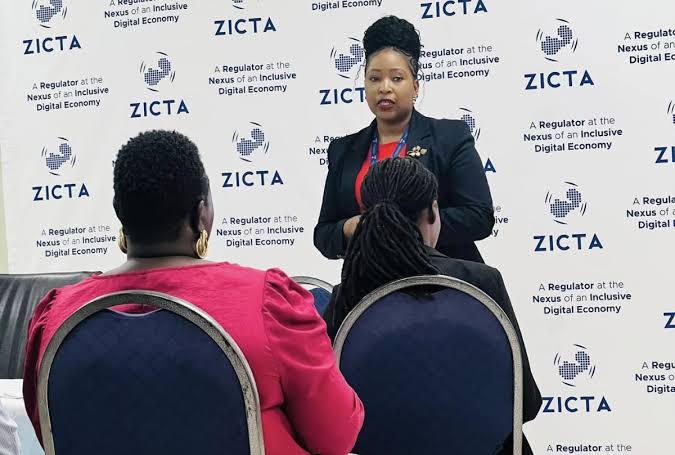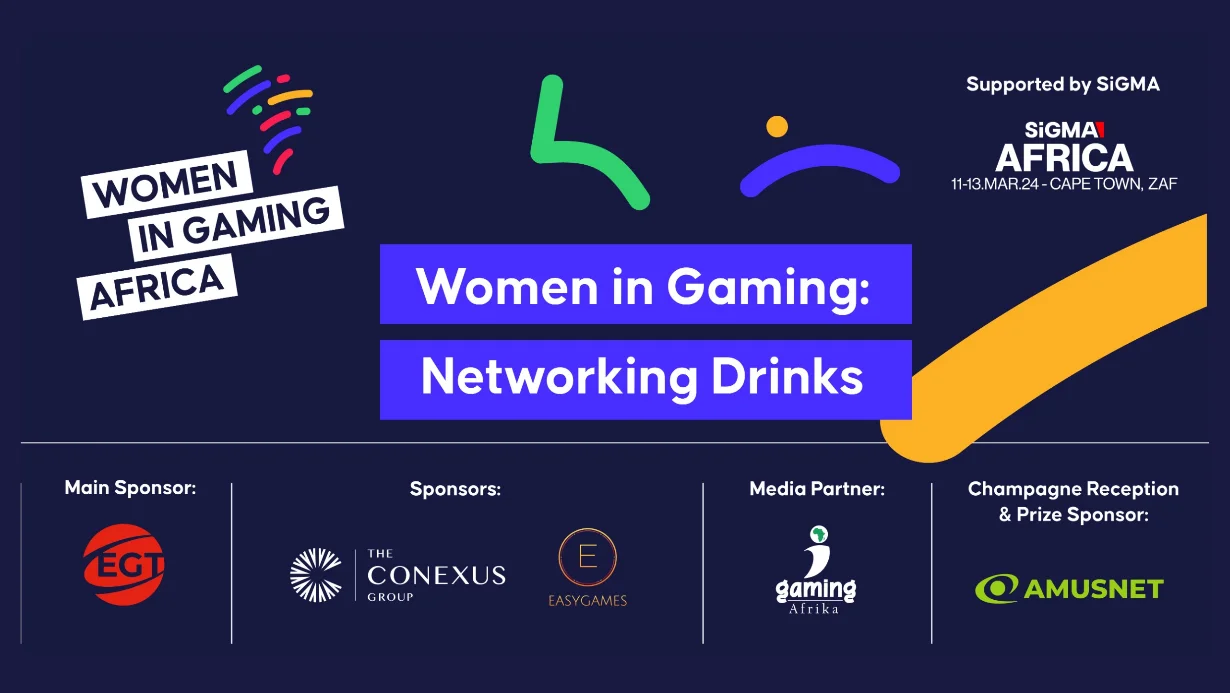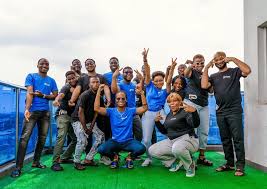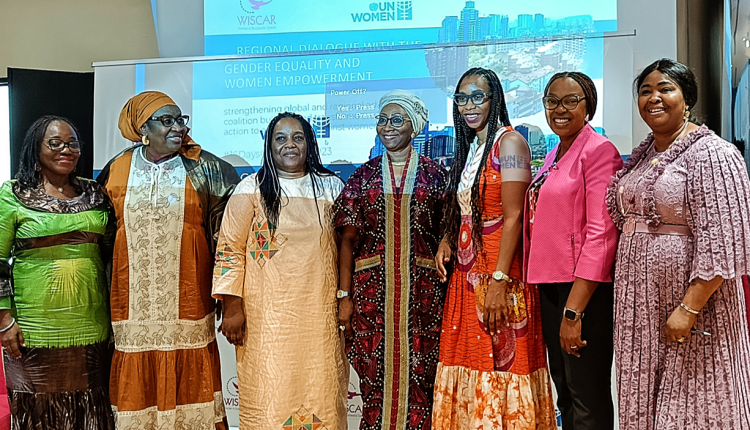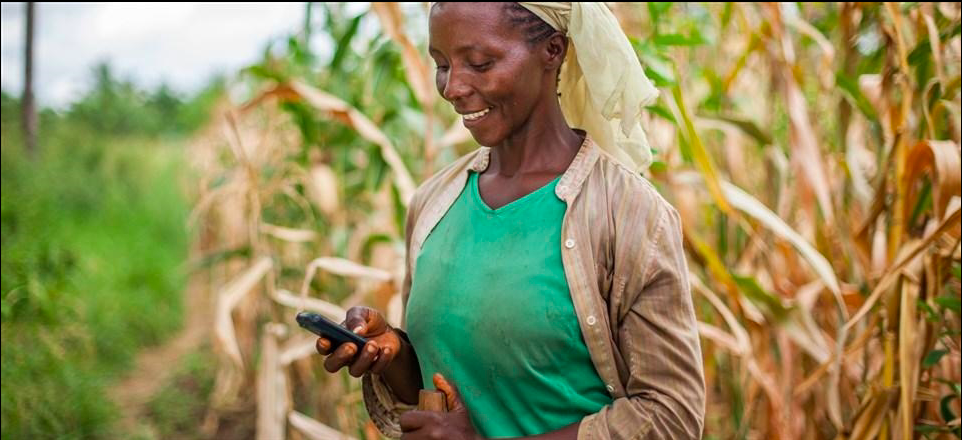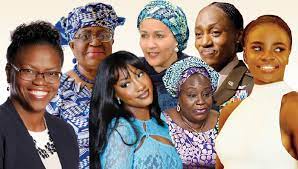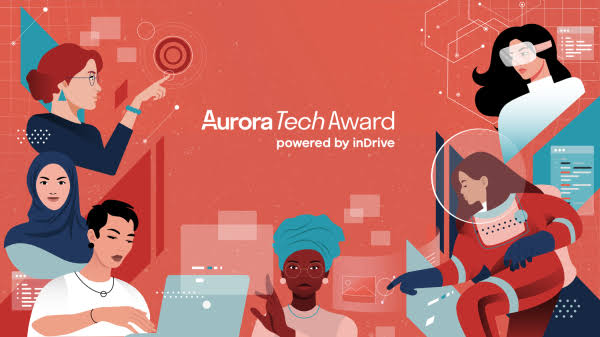Numerous research conducted over the course of the past ten years has arrived at the conclusion that women make superior investors compared to their male colleagues. More recently, an examination of five million Fidelity accounts for a period of ten years revealed that the returns earned by women in the United States were 0.4% higher than those earned by men.
This gap is considerably greater, according to a study that was conducted at Berkeley, which revealed that women’s returns were nearly 1% higher than those of men.
According to research conducted by the Warwick Business School in the United Kingdom between 2012 and 2016, investors in the stock market saw an average annual return that was 0.14% higher than the performance of the FTSE100, while women saw an average annual gain of 1.94%.
In a separate survey conducted by Hargreaves Lansdown, the largest consumer investment platform in the United Kingdom, the researchers discovered that female investors saw an average return that was 0.81% higher than that of male investors over a period of three years. Although it might not seem like much now, according to Hargreaves, if this trend were to continue for another 30 years, the typical woman would end up with an investment portfolio that is worth almost 25% more than the typical guy.
It is difficult to generalise or to determine if this is an idiosyncratic phenomenon; however, there are a number of essential attributes that women tend to possess that may account for their outperformance in the market.
Read also: Nine women leading the change in Nigeria’s tech startups
Women are more risk-averse than males
According to a survey conducted by BlackRock, 72% of women declined to invest in “riskier” shares, bonds, or real estate, in comparison to 59% of men who said the same thing. When it comes to investing, using a method that is more methodical, deliberate, and less akin to gambling tends to produce larger returns over a longer period of time.
This means that in addition to outperforming men in absolute terms, women also record a substantially greater “risk-adjusted return” than men do. This is true even when women are outperforming men in absolute terms.
Women do not manage their investments
The frequency with which women make adjustments to their investment portfolios is lower than the frequency with which males make these same adjustments. The Warwick study indicated that female investors traded an average of nine times per year, whereas male investors traded an average of thirteen times per year. It may come as a surprise to some people to find that women are typically less emotional than males when it comes to matters pertaining to money.
As a consequence of this, women are typically better at avoiding rash choices and maintaining composure during times of market turbulence. The United States-based financial services provider Nationwide found that during times of extreme volatility in the market, 15% of men would sell off entire portfolios, but only 8% of their female customers would do the same.
It is a poor idea to sell your investments when markets are falling because significant drops are nearly usually transient, and markets have always rebounded after major shocks. Selling your investments at a time when markets are dropping is a terrible idea.
Women are more capable of letting go of things when they should
One of the most significant emotional biases that might hinder an investor’s performance is loss aversion. A new study that was just released in the Journal of Risk and Uncertainty came to the conclusion that men are more sensitive to financial setbacks.
This indicates that they are more prone to cling to their “losers” than women are, in the vain expectation that their luck will eventually turn around.
Most women are less confident
When it comes to matters pertaining to money, women have less confidence in their own abilities. According to the findings of a study that will be published in 2020 by the Global Financial Literacy Excellence Centre at George Washington University, female investors have less confidence.
In particular, 54% of the women polled in their study self-identify as having a high degree of knowledge regarding investments, which is lower than the 71% of men who were studied, and 34% feel comfortable making investment decisions, which is lower than the 49% of men who were examined. One of the most common forms of emotional bias that might hinder successful investing is overconfidence. If you are less convinced about something, it may prompt you to do more study before making purchasing (or selling!) decisions.
There is some evidence to suggest that women are less inclined to jump on investment fads or trends. As an illustration, Gallup Analytics discovered that in 2021, 11% of US male investors owned Bitcoin, whereas just 3% of female investors owned Bitcoin. In addition, during the meme-stock craze that occurred at the beginning of 2021, Hargreaves discovered that the majority of trades that took place in companies such as GameStop and AMC Entertainment were conducted by male investors.
In fact, male investors accounted for 86% of all orders made on these stocks. When it comes to making judgements regarding investments, this may suggest that women are less likely to be affected by fear of missing out, which is another emotional response.
The fact that women are less likely than males to participate in the stock market is still an issue, but the reasons for this may be exactly why they should invest in the stock market in the first place. The avoidance of risk, the perception of a lack of wealth, and a lack of confidence in one’s own abilities may rather contribute to success in the equities market than limit it.
Yellow Card, Web3Ladies’ offer blockchain training to Nigerian women
More about women investors
We can give thanks to the fact that there have been some positive developments in this area, notably on the international front. According to the findings of a survey conducted by Fidelity, the proportion of women who invest outside of their retirement has increased from 44% in 2018 to 67% in 2021, and the average age at which women start brokerage accounts has decreased. There has also been a significant movement in the aftermath of Covid-19.
A global poll conducted in 2022 by the trading company eToro found that of the 9,500 female investors who participated in the survey, 48% entered the market for the first time after the year 2020. This was supported by findings from Fidelity, which revealed that 50% of the women they questioned in 2021 had a greater interest in investing since the pandemic began.
Putting money into the stock market is a great method to both increase your wealth and shield it from the corrosive effects that inflation may have on monetary purchasing power. Importantly, everyone can make money through investing, and there is a wide variety of opportunities that are suited to any degree or kind of investor. However, the most important thing is to get started right away if you want to be successful.
